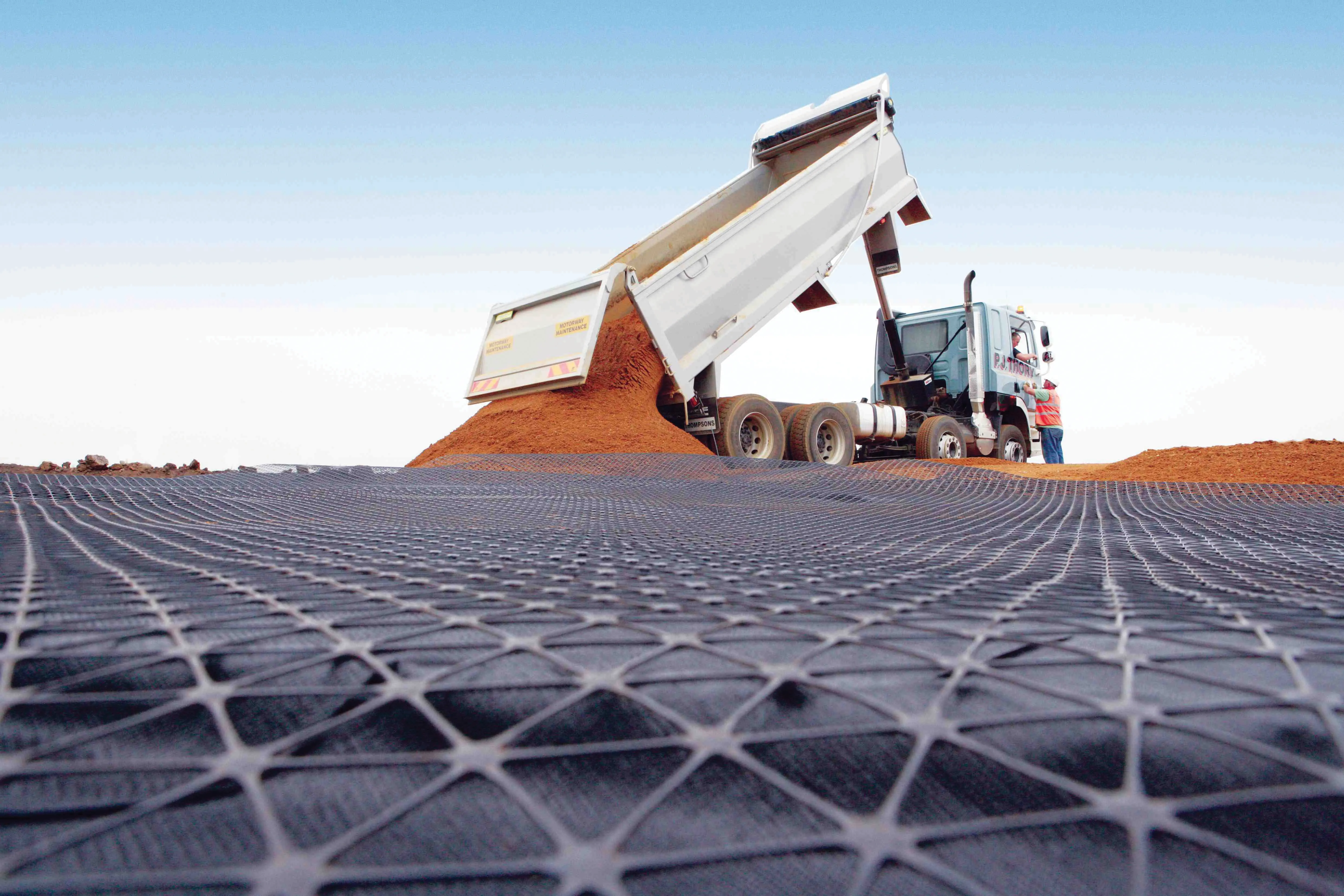Barton Plant, part of The Bennie Group, has taken delivery of its first wheeled loader from Bell Equipment following a successful onsite demo. The move is said to mark a shift from the Northamptonshire, central England-based firm’s usual preferred supplier, representing further industry approval for the high-spec Bell loaders launched in the UK four years ago. An established name in the earthmoving, restoration, ground engineering and waste handling sectors, Barton Plant purchased its new Bell L1806E wheele
April 23, 2013
Read time: 2 mins

Barton Plant, part of The Bennie Group, has taken delivery of its first wheeled loader from 1240 Bell Equipment following a successful onsite demo.
The move is said to mark a shift from the Northamptonshire, central England-based firm’s usual preferred supplier, representing further industry approval for the high-spec Bell loaders launched in the UK four years ago.
An established name in the earthmoving, restoration, ground engineering and waste handling sectors, Barton Plant purchased its new Bell L1806E wheeled loader primarily to operate in its recycling and landfill operations. It followed a demo of a larger machine, the Bell L2106E, at Cauldon Low quarry. The loader will work in many different areas of the business as its size is said to make it very versatile and flexible.
Pete Tye, service manager for Barton Plant, says: “We spoke to various people who run Bells as well as machines from other manufacturers, and I got a very positive reaction about Bell, so we decided to give them a go.
“Looking at everything from the product to the after-sales, I have to say the results have been very positive. I was expecting a good quality product, and I believe that is what we got.”
The move is said to mark a shift from the Northamptonshire, central England-based firm’s usual preferred supplier, representing further industry approval for the high-spec Bell loaders launched in the UK four years ago.
An established name in the earthmoving, restoration, ground engineering and waste handling sectors, Barton Plant purchased its new Bell L1806E wheeled loader primarily to operate in its recycling and landfill operations. It followed a demo of a larger machine, the Bell L2106E, at Cauldon Low quarry. The loader will work in many different areas of the business as its size is said to make it very versatile and flexible.
Pete Tye, service manager for Barton Plant, says: “We spoke to various people who run Bells as well as machines from other manufacturers, and I got a very positive reaction about Bell, so we decided to give them a go.
“Looking at everything from the product to the after-sales, I have to say the results have been very positive. I was expecting a good quality product, and I believe that is what we got.”








